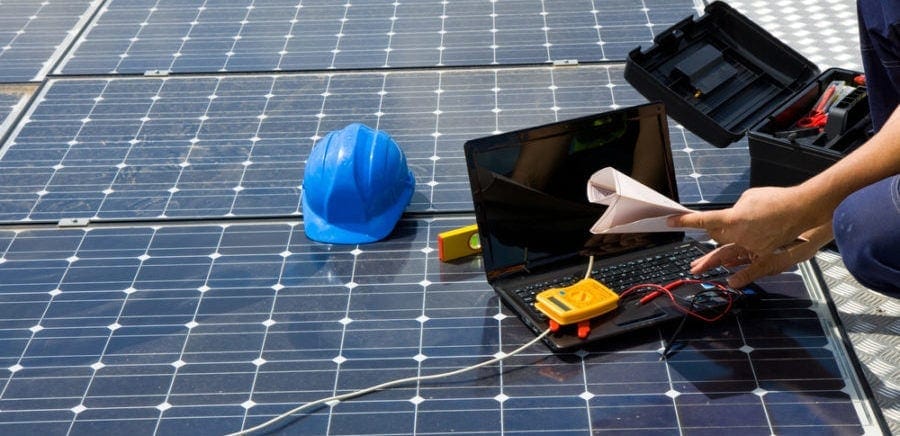A couple of years ago steven weissman an energy lawyer at the university of california berkeley started to shop around for solar panels for his house.
Are solar panels bad for health.
It seemed like an environmental no brainer.
Em radiation has no known health effects.
Health concerns about modern technology are completely understandable and solar photovoltaic systems are made up of a lot of different components.
Finally solar panels for homes almost always use non toxic silicon technology.
Which is a corrosive substance bad for human and environmental health.
With recycling expensive.
Coal fired power plants.
Emf stands for manmade electromagnetic field s such as produce unnatural electric magnetic or rf microwave radiation in the environment.
Solar energy is something that has increasingly provided environmentally friendly options for generating electricity.
Little do people know that solar energy systems can be dangerous to their health due to the emf s emitted.
Fortunately there is a process that most manufacturers employ to safely recycle silicon tetrachloride back into the manufacturing process for new silicon wafers helping to.
But getting solar panel manufacturers to take back their products after 25 years the average lifespan of silicon based panels could prove difficult especially since other electronics.
However there are studies that reveal that solar energy has health effects on humans these studies primarily concern the solar cells that tap the energy.
And also keep in mind that once up and running solar panels produce zero emissions.
Here s a look at each of them in detail.
Just one of scores of health impacts can be increased cancer risk.
As safe as solar panels may seem consumers should remember that like with batteries fluorescent lights and some other consumer products improper handling and disposal of solar panels can create health and environmental risks.
As the industry grows matures and more stringent health and safety regulations are adopted these horror stories will hopefully become less and less common.





























